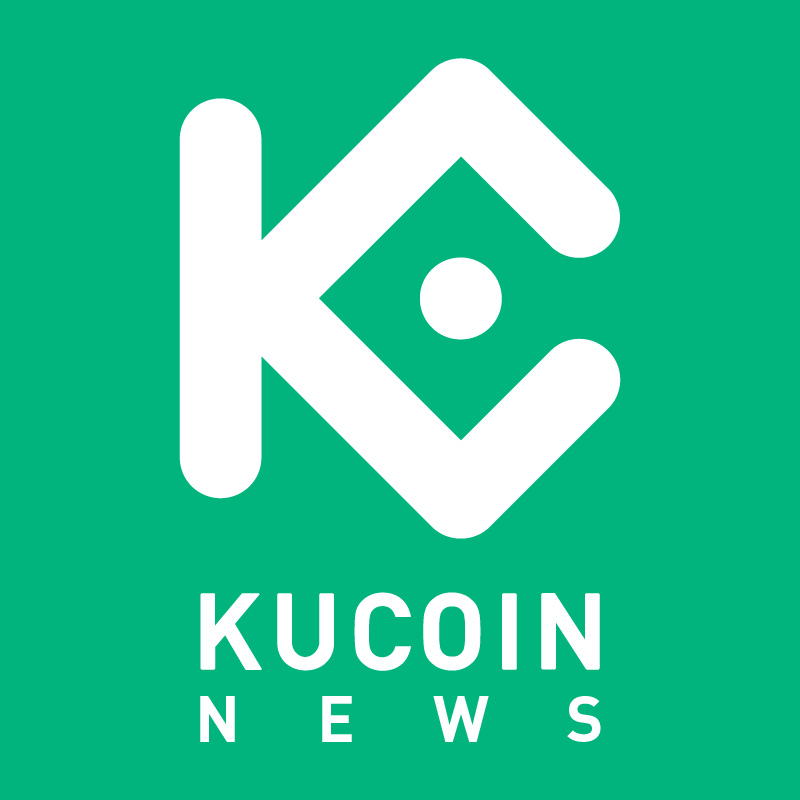Security risks in the cryptocurrency space are ever-present, and even established blockchain projects can fall victim to malicious actors. Recently, the official social media account of 0G Labs suffered a sophisticated attack where the hacker temporarily changed the account name to “$FOG”, attempting to leverage the project's reputation and influence for fraud. This incident not only rings a security alarm for project teams but also exposed investors to direct asset risk.
I. Incident Overview: The Hacker's Fraud Attempt and the Team's Rapid Response
According to a report by Foresight News on October 5th, the 0G Labs official social account was compromised. The core technique of this attack was identity hijacking:
-
Account Tampering: The attacker successfully gained control of the 0G Labs social media account and quickly changed the name to “$FOG”. This maneuver aimed to simulate a new, community-driven token launch (often starting with the $ sign), using the official channel to disseminate false information and deceive investors.
-
Fraud Risk: The ultimate goal of the hacker is usually to post fake smart contract addresses, falsely claiming an airdrop, pre-sale, or the official launch of the new “$FOG” token. If investors were to unknowingly purchase these fake tokens, their assets would be instantly lost.
-
Swift Remediation: Fortunately, the 0G Labs team quickly discovered the anomaly and restored the account's normal name immediately. This highly efficient crisis management effectively limited the spread time of the fraudulent information, mitigating potential losses.
Despite the team's rapid response, the market reacted instantly: the price of the 0G token fell by 6.48% to $2.94. This demonstrates that even a brief security lapse on social media can have an immediate impact on investor confidence and token price.
II. Analysis of Attack Motive and Market Ripple Effect
This attack, dubbed “$FOG”, is not an isolated case; it represents a common, low-cost but high-return scam model in the crypto space:
-
Trust Exploitation: Hackers utilize the trust endorsement of the official 0G Labs account to make the fake token information appear legitimate. User vigilance is significantly lowered when they see a "new token" announcement from an official channel.
-
Fear of Missing Out (FOMO): Attackers often create an atmosphere of "limited-time, quick riches," inducing investors to rush into trading without proper verification due to the fear of missing out (FOMO).
-
Price Impact: The attack directly led to a drop in the 0G token price. This is not only a consequence of market concern over project security but could also be exploited by the hacker for "information-asymmetry trading,"such as shorting the token before the attack and covering the position for profit after the ensuing panic sell-off.
III. Must-Read for Investors: How to Avoid Purchasing “$FOG”-Type Scam Tokens?
Given the rising frequency of social media attacks, investors must take the following steps to conduct DYOR (Do Your Own Research) and protect their assets:
-
Cross-Verification is Key: Never proceed with a trade based solely on a single social media post.
-
Before initiating any purchase, you must cross-verify the token contract address on at least two official and authoritative sources (e.g., the official website, Discord announcement channel, or Medium blog).
-
-
The Golden Rule: Contract Address Check:
-
The contract address for a project on major token tracking sites (like CoinMarketCap or CoinGecko) is unique. Cross-reference the address claimed on social media with the one listed on these authoritative platforms.
-
-
Be Wary of "Buy Now" Links:
-
Links posted by hackers often point directly to decentralized exchange (DEX) purchase pages. Manually search for the token name and contract address on the DEX for a second confirmation before clicking any suspicious links.
-
-
Monitor Official Clarifications:
-
If you notice any suspicious activity, immediately check the project's official website or Discord channel for an official statement or security alert.
-
IV. Reflection for Project Teams: Adopting a "Zero Trust" Model for Account Security
The 0G Labs incident serves as a serious warning to all crypto projects: social media accounts are no longer just marketing tools; they are potential significant security vulnerabilities.
-
Implement the Strongest MFA (Multi-Factor Authentication): All critical social media and communication tools must use hardware keys (like YubiKey) or app-based advanced 2FA, instead of relying on SMS or email verification.
-
Principle of Least Privilege: Only grant a minimal number of core team members permission to post major announcements. Access to social media management tools (like Hootsuite or Buffer) should be strictly limited and regularly audited.
-
Crisis Preparedness: Every project should have a pre-written "social media account takeover" emergency plan, including immediate steps to contact platform support and pre-drafted clarification statements. This ensures the ability to regain control within minutes, not hours, as successfully demonstrated by the 0G Labs team.
Conclusion:
The 0G Labs “$FOG” attack was a classic attempt at Trust Hijacking. In the highly digital world of crypto, information is wealth. Investors must maintain a high degree of vigilance and strictly adhere to multi-channel verification principles. Meanwhile, project teams must elevate social media security to the same strategic level as smart contract audits, jointly safeguarding the security and trust of the Web3 ecosystem.











